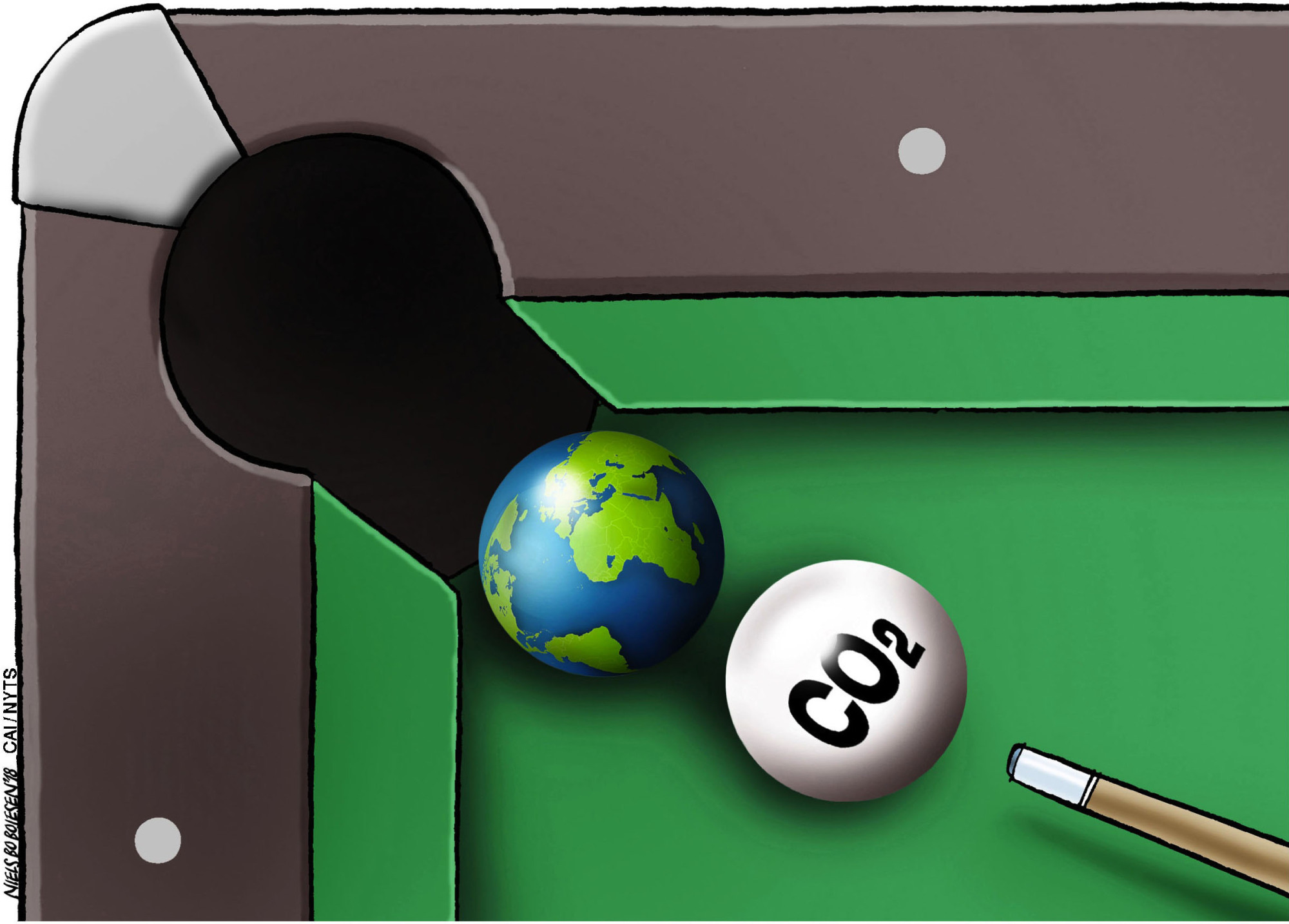With record-breaking heat waves, droughts, hurricanes and catastrophic flooding, it's not an exaggeration to describe the past three months as one of the most extreme and costly summers in recent memory around the globe.
From a typhoon making an unprecedented 360-degree loop over Japan to torrential rainfalls after the Meteorological Agency had declared the end of the rainy season, Japan has experienced its fair share of the severe weather. Similar to the rest of the world affected by climate change, the cost of these extreme weather patterns has been painful for Japan, both in terms of economic damage and human lives. The flooding of Kansai International Airport by Typhoon Jebi early this month serves as a stern reminder of how vulnerable and fragile we are as an island nation surrounded by rising seas.
While the mechanism of recent extreme weather has not been thoroughly understood, evidence suggests global warming is closely linked to the increasingly volatile and intense weather patterns. The rise in carbon dioxide emissions and the accompanying increase in global temperatures affect precipitation patterns unevenly, causing many dry areas to become drier and wet areas to become wetter. In general, the number of catastrophic natural events is on the rise globally and it is expected to become worse, threatening biodiversity and human lives alike.

















With your current subscription plan you can comment on stories. However, before writing your first comment, please create a display name in the Profile section of your subscriber account page.